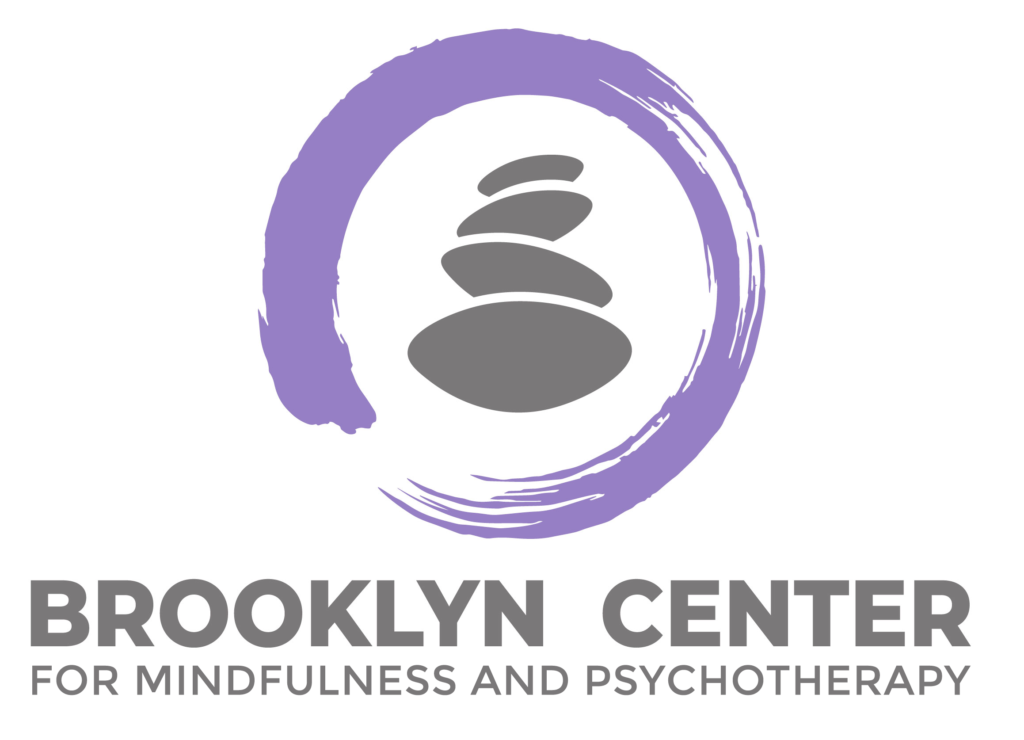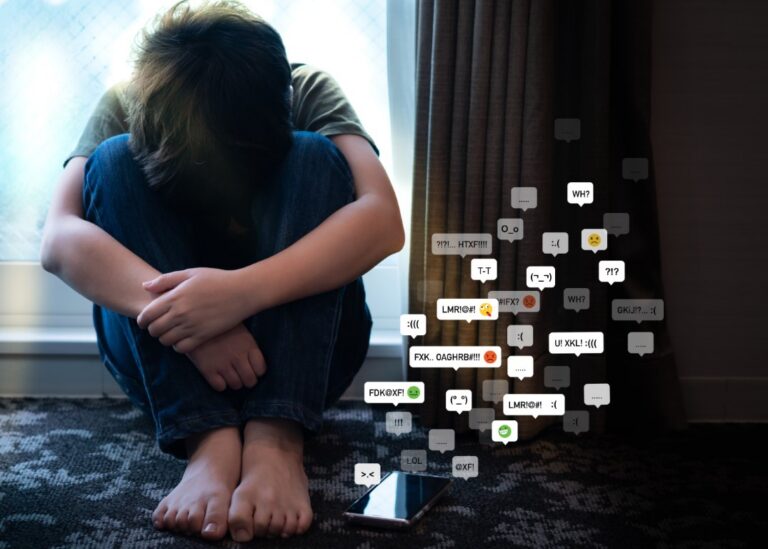Mental health is often viewed as a taboo topic. People are reluctant to discuss it openly or admit that they need help. The fact of the matter is, however, that mental health treatment is essential for both personal and public health. In this post, we will explore some of the reasons why mental health treatment is so necessary.
The Importance of Mental Health
Mental health is an essential part of life. It can affect how we feel, think, and act in our everyday life. Mental health affects our ability to form relationships, manage stress, learn new things, and make decisions. Good mental health enables us to cope with the everyday stresses of life, work productively and contribute to our community.
Mental health disorders can be debilitating and, in some cases, life-threatening. They can lead to suicide if left untreated, so it is essential to seek help when struggling with any mental health condition. People often don’t realize how important it is to get treatment for their mental health issues. Mental health care should not be taken lightly, and it is essential to seek help if needed.
It is also important to remember that everyone needs time for self-care and relaxation to promote good mental health. This could include activities such as yoga, meditation, reading, or spending time in nature. Taking care of our mental health can be just as important as physical health and should not be overlooked.
The Stigma of Mental Illness

Mental illness continues to be a stigma in our society today. Even though it affects many people, it is still considered shameful or embarrassing. This stigma prevents many people from seeking help and support for their mental health issues and can lead to isolation and hopelessness.
Studies have also shown that people with mental illnesses suffer from higher levels of discrimination in their daily lives. They may be more likely to experience bullying, exclusion, and harassment from their peers or workplace. This can also lead to feelings of worthlessness and deep sadness.
The stigma surrounding mental illness is a significant barrier for those struggling. It prevents them from seeking help and reinforces negative stereotypes about the illness. To break the stigma, we must focus on educating people about mental health and reducing the stigma around it.
We must also ensure that those with mental illness have access to quality care and support. This can include providing therapy, counseling, or other forms of treatment that can help them cope with their condition and lead healthier lives.
Finally, we must create an environment of understanding and acceptance. We must work to reduce the stigma associated with mental illness by having conversations about it openly and honestly. This will help create an environment where struggling people can feel safe seeking help without fear of judgment or discrimination.
By recognizing mental illness as a real and valid condition, we can work to reduce the stigma associated with it and ensure that those who are suffering get the support they need. This will ultimately create a healthier, happier society for all of us.
The Reality of Mental Health Treatment
Mental health treatment is not a one-size-fits-all solution. Every individual has different needs and experiences when managing their mental health. The good news is there are many options available for people seeking help and support.
Traditional therapy remains the gold standard in mental health treatment. A therapist can provide you with a safe space to talk about your feelings, provide guidance and support when needed, and help you develop coping skills and strategies for dealing with stress. Therapy can take many forms, from individual sessions with a psychologist or psychiatrist to group therapy, art therapy, and more.
Medication is another essential part of mental health treatment. Many relieve their symptoms by taking prescription drugs under a doctor’s care. While medications can help to manage symptoms, it’s important to remember that they don’t cure mental illness. It is also important to remember that medication isn’t the only option – lifestyle changes, such as diet and exercise, can be just as important.
How to Get Help for Mental Illness

Mental illness can be debilitating, but with the right help, it is possible to manage symptoms and live a healthy and fulfilling life.
If you need help with mental health issues, the best place to start is your doctor or mental health professional. Mental health professionals are trained to diagnose and treat psychological disorders. They can assess your mental health status, provide psychotherapy and medication management, and refer you to other resources if needed.
Another option is to seek help from a support group. Support groups are comprised of people who have been or are currently dealing with the same issue. These groups can be found online, in your local community, or through organizations like the National Alliance on Mental Illness (NAMI).
What to Expect from Mental Health Treatment?
Mental health treatment usually involves a combination of talk therapy, medication, and lifestyle changes. The type of treatment you receive will depend on the specifics of your condition and should be tailored to meet your individual needs.
Talk therapy (also known as psychotherapy) is often the cornerstone of mental health care, providing an open and honest space to discuss your thoughts, feelings, and experiences. In talk therapy sessions, the therapist may ask questions and lead conversations that help you gain insight into your mental health challenges and identify patterns of behavior or thought processes that are not beneficial to your well-being.
You may also be prescribed medication as part of your treatment plan. Medication can be necessary to control mental health conditions’ symptoms, allowing you to manage your day-to-day life better. However, it is essential to understand that medication alone won’t cure most mental health issues; it is often best used as part of an overall treatment plan.
Conclusion
Mental health treatment is essential for both personal and public health. It can help people cope with their mental illness, develop tools to manage their symptoms, and lead healthier and more fulfilling lives. Mental health professionals are available to help, so if you or someone you know is struggling emotionally, please consider reaching out for help. Brooklyn Center has a tremendous mental health clinic that provides comprehensive treatment for those in the Brooklyn area. Mental health care is essential to overall health and well-being, so don’t hesitate to reach out and get the help you need.




